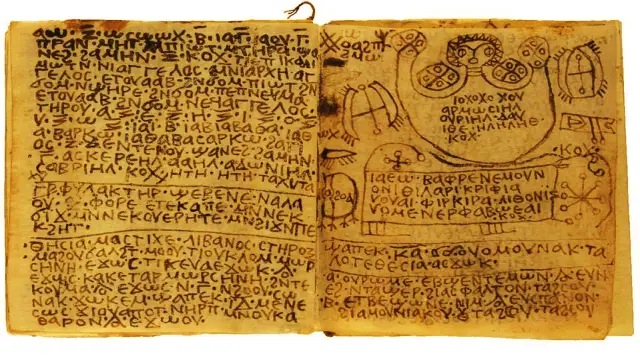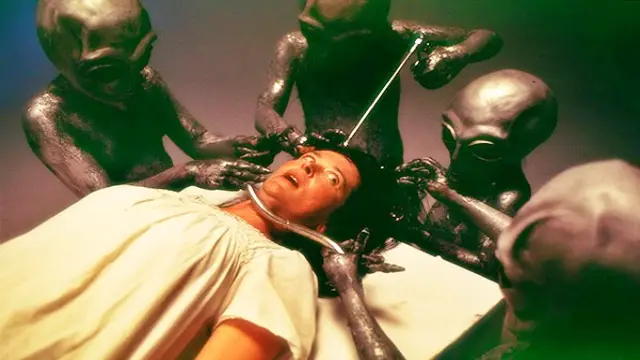Posted on January 4, 2021
This is an update of the 1/4/2010 post:

On this date in 1885, the first successful appendectomy was performed. Dr. Grant did the surgery in Iowa on patient Mary Gartside.
Key Points
On this date i n 1887, the first round-the-world bicycle trip ended. It took Thomas Stevens about two and a half years!
n 1887, the first round-the-world bicycle trip ended. It took Thomas Stevens about two and a half years!
 On this date in 1935, Billboard magazine published its first music chart based on national sales figures. Who topped that first chart? Jazz violinist Joe Venuti, with his song “Stop! Look! Listen!”
On this date in 1935, Billboard magazine published its first music chart based on national sales figures. Who topped that first chart? Jazz violinist Joe Venuti, with his song “Stop! Look! Listen!” On this day in 1958, the world’s first artificial satellite, Russia’s Sputnik 1, became the first to burn up in the Earth’s atmosphere as it fell from orbit. The unmanned Sputnik traveled about 60 million kilometers (37 million miles) in its three months in orbit.
On this day in 1958, the world’s first artificial satellite, Russia’s Sputnik 1, became the first to burn up in the Earth’s atmosphere as it fell from orbit. The unmanned Sputnik traveled about 60 million kilometers (37 million miles) in its three months in orbit.
 |
| Right now there are about 6,000 satellites circling the Earth! As of April of 2020, 2,666 of these satellites are operational. |
Have a personal first today.
Do something you’ve never done before. Sculpt with clay, cook a meal, visit the beach in winter, take a yoga class…or?
Meanwhile…
The I’s have it in January – the Isaacs, that is.
A mere two days after we celebrated the late, great Isaac Asimov, it’s time to celebrate Sir Isaac Newton!
Newton was born on this date in 1643 in England. (Because England was very slow to adopt the Gregorian calendar, compared to the rest of Europe, the date of Newton’s birth was recorded as Christmas Day, December 25, 1642.)
Newto n worked out the “laws” of universal gravitation (we would call this “the theory of gravity” now) and of motion, acceleration, and inertia. He built the first practical reflecting telescope, worked out a theory of color based on the spectrum obtained from passing white light through a prism, and developed the differential and integral calculus (with Gottfried Leibniz).
n worked out the “laws” of universal gravitation (we would call this “the theory of gravity” now) and of motion, acceleration, and inertia. He built the first practical reflecting telescope, worked out a theory of color based on the spectrum obtained from passing white light through a prism, and developed the differential and integral calculus (with Gottfried Leibniz).
Learn some physics.
This site is easier than this one. (On the second site, be sure to check out the animations at Shockwave Physics Studio, about halfway down the page.)
Sir Isaa
c Newton became one of the most important and influential scientists of all time—making contributions in physics, mathematics, astronomy, and philosophy. He was very religious (and wrote more about the Bible than about science and nature!), but his religious views were unusual.Newto
 n worked out the “laws” of universal gravitation (we would call this “the theory of gravity” now) and of motion, acceleration, and inertia. He built the first practical reflecting telescope, worked out a theory of color based on the spectrum obtained from passing white light through a prism, and developed the differential and integral calculus (with Gottfried Leibniz).
n worked out the “laws” of universal gravitation (we would call this “the theory of gravity” now) and of motion, acceleration, and inertia. He built the first practical reflecting telescope, worked out a theory of color based on the spectrum obtained from passing white light through a prism, and developed the differential and integral calculus (with Gottfried Leibniz).Learn some physics.
This site is easier than this one. (On the second site, be sure to check out the animations at Shockwave Physics Studio, about halfway down the page.)
Also on this date:
Spaghetti Day
Plan ahead:
Check out my Pinterest pages on:
-
January birthdays
And here are my Pinterest boards for:
-
Historical anniversaries in February



































